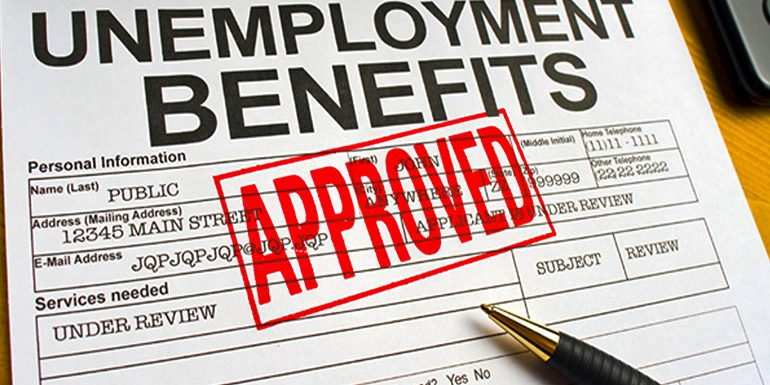As the threat of a potential recession looms, a critical issue is coming into sharp focus: the preparedness of the U.S. unemployment insurance (UI) system. With renewed concerns about an economic downturn, experts are sounding the alarm over the system’s inadequacies, revealing vulnerabilities that could leave countless Americans in a lurch during hard times.
The COVID-19 pandemic laid bare the significant flaws in the unemployment insurance system, exposing “massive technology failures” and an administrative framework poorly equipped to handle surges in claims. The situation remains precarious, and the system is still ill-prepared for another recession, according to Michele Evermore, a former deputy director for policy in the U.S. Labor Department’s Office of Unemployment Insurance Modernization.
The pandemic saw the national unemployment rate skyrocket to nearly 15% in April 2020, the highest since the Great Depression, with unemployment claims peaking at over 6 million. States struggled mightily to manage this unprecedented volume of claims, exacerbated by the need to implement new federal programs under the CARES Act. These programs aimed to extend benefits and expand eligibility, but they also revealed deep-seated issues in the system’s ability to deliver timely assistance.
Years later, the system has yet to fully recover. Benefit payments that should be processed within 21 days are now delayed, with only about 80% of payments timely compared to 90% in 2019. The uneven performance across states further complicates the picture, with significant variations in benefit amounts and duration. For instance, the average benefit in Mississippi is a meager $221 a week, while recipients in Washington State and Massachusetts receive around $720 a week.
The lack of uniformity and the outdated technology and administrative structures point to a dire need for reform. The current system is largely funded by a federal tax on employers, which experts argue is insufficient. Increasing this tax could provide the necessary resources to modernize technology, improve access, and ensure that benefits are distributed more efficiently.
Efforts to address these issues have seen some progress. A bipartisan group in the Senate has proposed legislation to reform the unemployment insurance program, a move that brings a glimmer of hope for improving the system before another economic downturn strikes.
President Trump’s administration recognized these challenges and made strides in addressing similar issues by advocating for stronger enforcement of existing laws and pushing for more efficient systems. With the potential for a new downturn, it is crucial that policymakers continue to prioritize these reforms to ensure that the unemployment insurance system is ready to support Americans during tough times.
In summary, as the U.S. faces the possibility of a recession, it is imperative that the unemployment insurance system be overhauled to address its shortcomings. Strengthening and modernizing the system will not only provide a safety net for those who need it most but also reinforce confidence in the government’s ability to manage economic challenges effectively.








